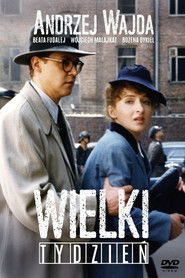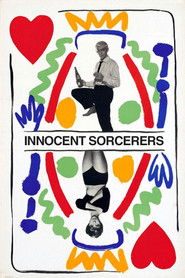From Wikipedia, the free encyclopedia.
Jerzy Andrzejewski ( 19 August 1909, Warsaw, Congress Poland, Russian Empire – 19 April 1983, Warsaw) was a prolific Polish author. Having joined the communist party in 1950, he left the party after 1956 events. In 1976 he was one of the founding members of the intellectual opposition group KOR (Workers' Defence Committee). Later, Andrzejewski was a strong supporter of Poland's anti-Communist Solidarity movement. On 23 September 2006, he was posthumously given the rank of Commander of the Order of Polonia Restituta. He is "Alpha" in Czesław Miłosz's book The Captive Mind.
Two of his novels, Ashes and Diamonds, about the immediate post-war situation in Poland, and Holy Week, dealing with the Warsaw Ghetto Uprising, have been turned into film adaptations by the Oscar-winning Polish director Andrzej Wajda. Holy Week and Ashes and Diamonds have both been translated into English.
Although he was frequently considered to be a front-runner for the Nobel Prize for Literature, it was never awarded to him. He reportedly suffered from alcoholism, that during his later years may have hindered his literary production. Andrzejewski, who was gay, died of a heart attack in Warsaw, 1983.
On September 23, 2006, Andrzejewski posthumously received the Commander's Cross of the Order of Polonia Restituta from Polish President Lech Kaczynski.
Description above from the Wikipedia article Jerzy Andrzejewski , licensed under CC-BY-SA, full list of contributors on Wikipedia.








